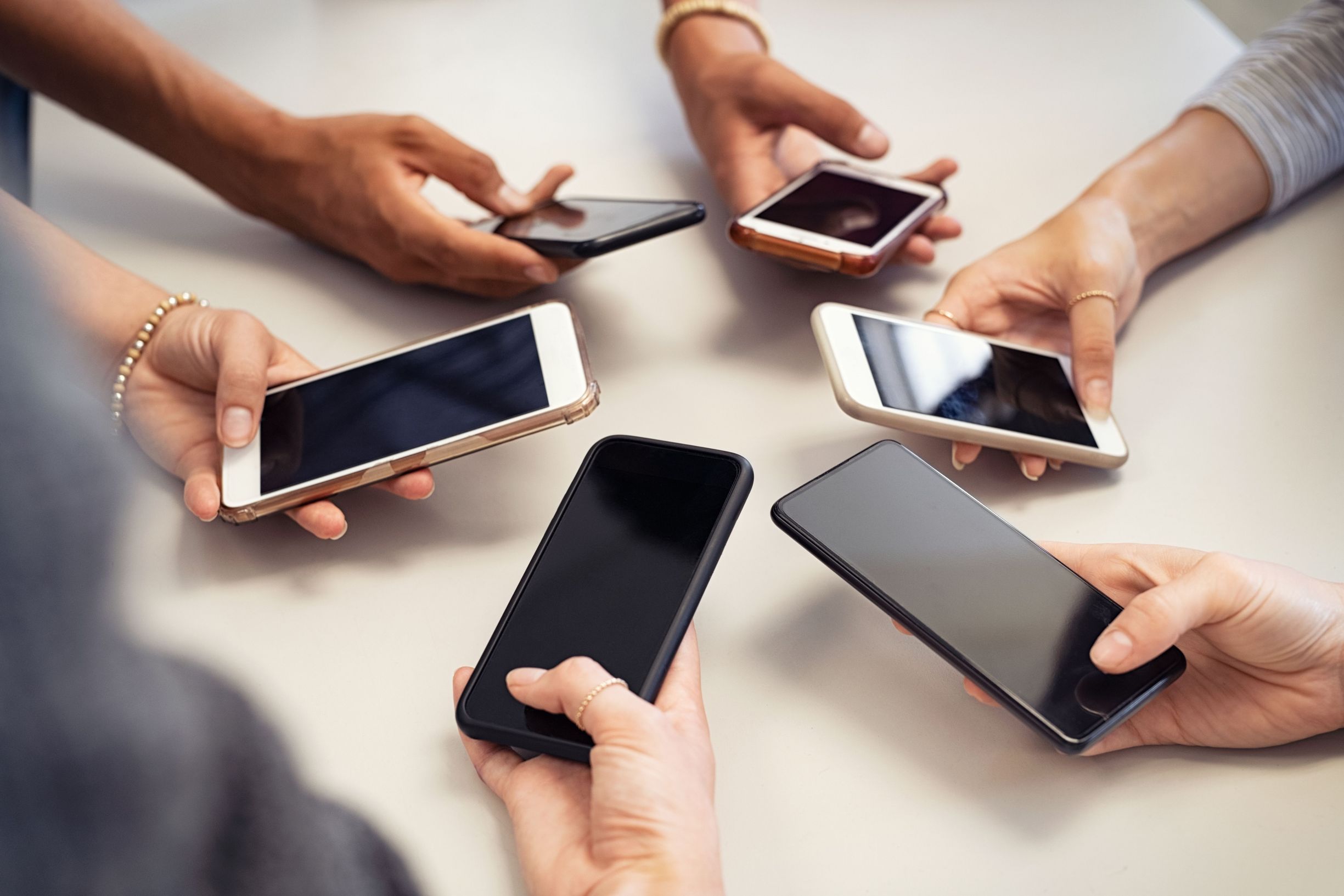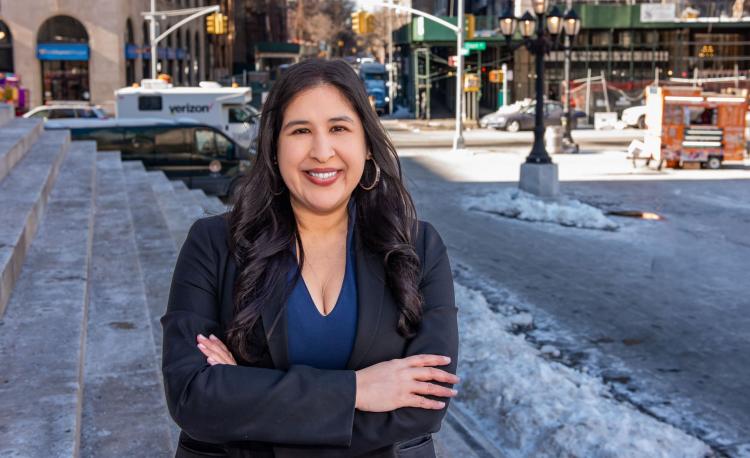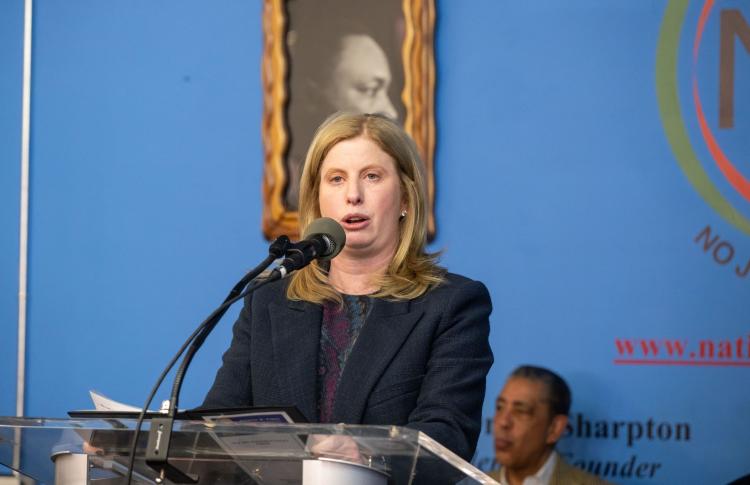
Cell Phone Policy in NYC Public Schools
NYC Newswire
Cell Phone Policy in NYC Public Schools
NYC’s New Cell Phone and Electronic Device Policy: What Parents and Students Need to Know
Why NYC Is Moving Toward Phone-Free Schools
Phones Distract Students and Inhibit Learning
Educators and administrators agree that non-educational, internet-enabled devices in the classroom negatively impact student learning and creativity. Across listening sessions and roundtables, one recurring theme emerged: the attachment to cell phones is a primary driver of distraction, limiting students’ ability to think critically and creatively.
Schools that have already implemented “phone-free” or “distraction-free” policies report marked improvements in student engagement both in the classroom and in communal spaces. Without phones, students are more present, more likely to participate in school clubs, and more engaged in the arts.
Phone-Free Environments Do Not Compromise Safety
One common parent concern is whether removing phone access during the school day puts children at risk during emergencies. However, schools and law enforcement emphasize that student safety is not compromised. In fact, during emergencies, students may be safer when their attention is directed solely at following the instructions of trained teachers and administrators rather than focusing on their devices.
Many schools that participated in the city’s policy roundtables have implemented procedures that allow students to regain phone access or use alternate communication systems during emergencies.
Phone-Free Schools Improve Mental Health
The mental health benefits of limiting phone usage are significant. Research shows that adolescents who spend more than three hours a day on social media are more likely to experience depression and anxiety. With 73% of teens using cell phones as their main entry point to social media, restricting access can reduce cyberbullying, improve student relationships, and support better communication skills.
Educators also noted that cyberbullying extends beyond peer-to-peer conflict. Teachers are often targeted, with students recording them in class and posting negative videos online. This problem has contributed to teacher burnout, particularly among new educators, who sometimes leave the profession within just a few years due to behavior issues and the increased mental health challenges of their students. Parents have also shared painful stories, including concerns about children being bullied online to the point of self-harm.
By fostering phone-free environments, NYC schools aim to create safer, healthier spaces where students and teachers can thrive.
Breaking Down NYC’s New Cell Phone and Electronic Device Policy (2025–26)
Beginning in the 2025–26 school year, New York City Public Schools (NYCPS) will implement a new cell phone and electronic device policy that impacts every student across the five boroughs. The policy aims to create a more focused learning environment while still allowing for necessary exceptions, emergency communication, and academic use of technology.
This guide provides a comprehensive breakdown of the rules, how schools will enforce them, and answers to the most frequently asked questions from parents, students, and educators.
What Is the New NYC Cell Phone Policy?
The policy is not a complete “cell phone ban,” but it restricts the use of personal internet-enabled electronic deviceson school grounds during the school day. This includes, but is not limited to:
-
Cell phones
-
Tablets
-
Smartwatches with internet access
-
Personal laptops not issued by the school
Students may still bring their devices to school, but they must remain stored securely from the first bell until the final bell.
Key Definitions Under the Policy
Personal Internet-Enabled Electronic Device
Any device that connects to the internet and is not issued by NYCPS.
School-Issued Devices
School-provided laptops, Chromebooks, or tablets are not restricted and may be used for classwork and assignments.
School Day ("Bell to Bell")
Applies from the first bell to the last bell, including homeroom, lunch, recess, study halls, and passing periods.
School Grounds
Covers all school property, including buildings, fields, and playgrounds.
How the Policy Will Be Enforced
-
Devices must be stored all day: Lockers, pouches, or cubbies will be provided.
-
Teachers are not responsible: Teachers will not collect devices in classrooms.
-
Emergency access allowed: Students may access their devices only with authorization in an emergency. Parents may reach children through designated school emergency systems.
Exceptions to the Policy
Devices may still be used for:
-
Medical reasons (e.g., diabetes monitors)
-
Translation services
-
Classroom use when directed by teachers and approved by principals
-
IEPs or 504 Plans
-
Student caregivers with approved responsibilities
-
Emergencies (case-by-case)
-
Where required by law
Consequences for Breaking the Rules
Students who violate the policy may face progressive discipline:
-
Parent conferences
-
Device confiscation (returned per school policy)
-
Suspension only for repeated non-compliance
Grades cannot be lowered solely for violating the cell phone rule.
Device Theft or Damage
If a device is lost, stolen, or damaged at school:
-
The family will be notified.
-
An incident report will be filed.
-
NYPD may be involved if criminal activity is suspected.
-
Families may file claims with the NYC Comptroller’s Office.
Frequently Asked Questions (FAQ)
Is this a complete cell phone ban?
No. Students can bring phones to school but cannot use them during the school day.
Does this apply to Chromebooks?
No. School-issued devices are allowed.
What if my child needs a phone for emergencies?
Schools provide systems for emergency communication. Parents can always reach children through school contacts.
How will devices be stored?
Each school will provide secure storage—lockers, pouches, or other methods.
Are there exceptions?
Yes. Exceptions include medical needs, IEP/504 plans, translation, emergencies, and classroom use authorized by the principal.
What if my child breaks the rule?
They may face progressive discipline but cannot lose points on their grades.
Reason for the Policy
NYC’s new cell phone and device policy seeks to create healthier, safer, and more engaged school environments. By balancing learning, safety, and mental health, the regulation responds to parent concerns, supports teachers, and prepares students for academic success.








